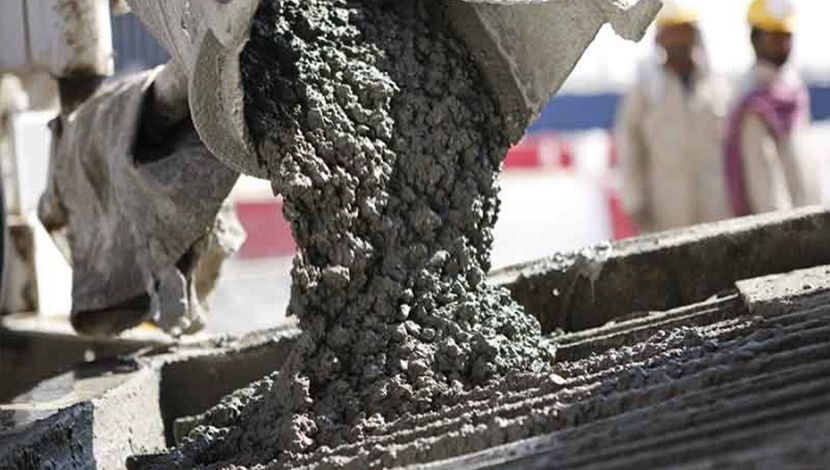

The government and the private sector have over the past year intensified campaigns aimed at encouraging Rwandans to consume locally-made products, as well as broadening the country’s exports base. However, some firms are struggling to make the cut due to competition from illegal dealers.
Cimerwa, Rwanda’s sole cement producer, has asked the government for protection, saying that local dealers are exporting its cement illegally, affecting its key markets in the Democratic Republic of Congo and Burundi.
Busisiwe Legodi, the Cimerwa chief executive officer, said: “Local bulk buyers get the cement at subsidised prices and sneak it out of the country to our target markets,” she said, adding that illegal cross-border trade remains a challenge, not only for Cimerwa, but all exporters in general. In august last year, Cimerwa launched a $170-million new plant in Muganza sector, Rusizi District, increasing its production capacity to 600,000 tonnes a year from 100,000 previously.
This is enough to satisfy the growing local demand that currently stands at about 450,000 tonnes of cement. The surplus output is targeted for the export market in the region, especially Burundi and the DR Congo. Commenting on the issues, Minister for Trade and Industry Francois Kanimba said they will engage the relevant government institutions and the private sector to find mechanisms of solving the problem.
Low consumption of locally-made cement has in the past caused unease among factory management, which last year called on the government to intervene with protectionist measures to limit regional cement imports.
The Cimerwa chief said: “We recognise that while the regional market is large enough for everybody, as local company and as Rwanda consumers, we all have a duty to contribute to the economy by consuming local goods and services to reduce the country’s import bill and build the local businesses.”





